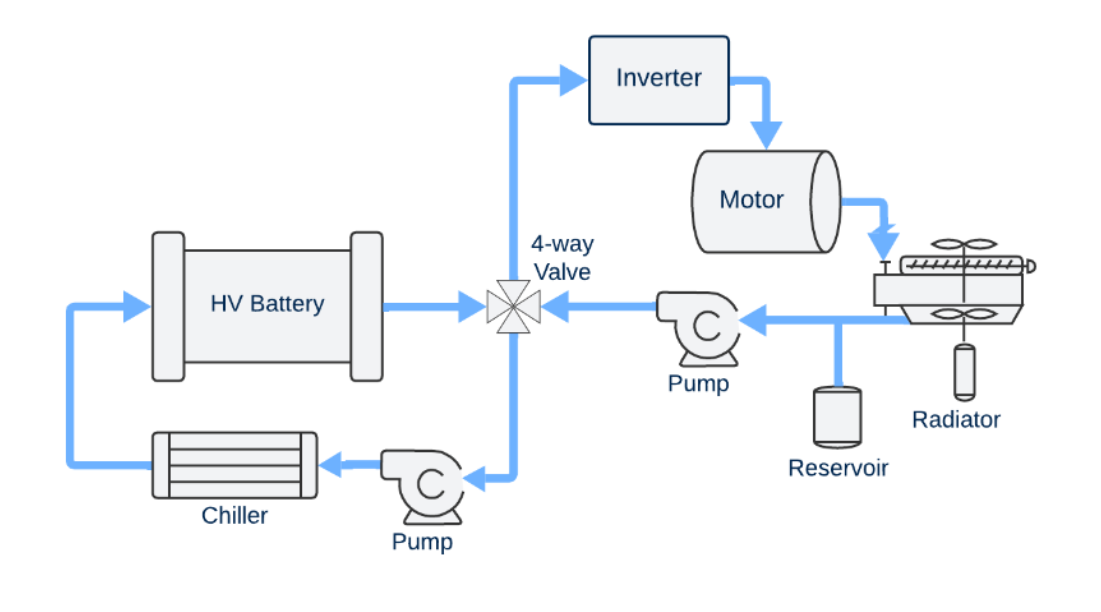Trust-Based Messaging Could Boost Cervical Cancer Screenings
Cervical cancer is the fourth most common cancer among women worldwide, with an estimated 660,000 new cases and 350,000 deaths in 2022, according to the World Health Organization. While screening and early detection significantly improve survival rates, millions of women—especially in low- and middle-income countries—still miss these life-saving tests.
A new study led by Anima Nivsarkar, doctoral student at the University of Texas at Austin’s McCombs School of Business, highlights a powerful solution: trust. Working with colleagues from the Indian Institute of Management Udaipur and the University of Georgia, Nivsarkar investigated how trusted voices—such as doctors and community peers—can break down barriers to screening.
The research began when a primary health provider in India sought help encouraging women to undergo cervical cancer screening. Interviews with nonprofits revealed that social stigma and cultural taboos around reproductive health often outweighed medical awareness, keeping women from seeking care.
To address this, the team compared traditional printed infographics with personalized video messages delivered by doctors and peers. The findings were striking: both physicians and peers proved more persuasive than print materials, but the strongest results emerged when the communicator’s message matched their role.
-
Peer-led empowerment messages boosted screening uptake by 36.5%, potentially reaching an additional 21 million women in India.
-
Doctor-delivered messages stressing health risks increased women’s willingness to pay for screening, enabling clinics to screen 21% more women.
These insights suggest that effective health campaigns must go beyond distributing factual information. Instead, they should leverage culturally sensitive peer influence and trusted medical voices to overcome stigma.
Though focused on cervical cancer, the study’s findings could extend to other health areas where cultural barriers persist, such as reproductive and mental health. By building trust, public health efforts can expand access and save countless lives.








